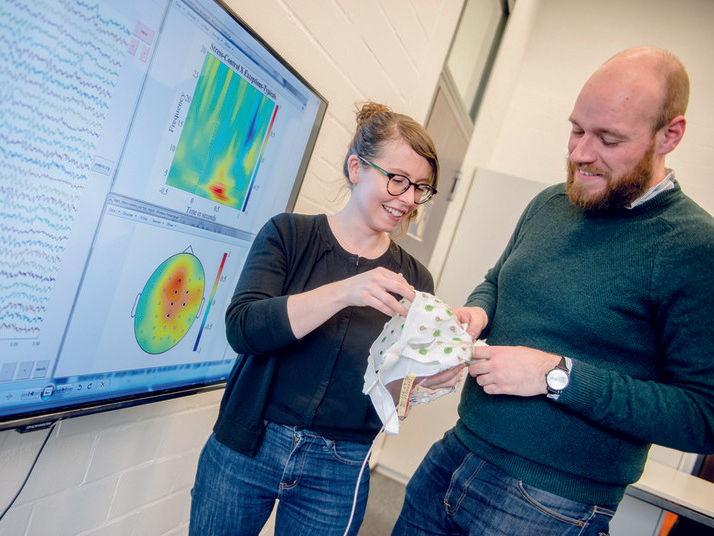Lilly Halts Development of Semagacestat for Alzheimer's Disease Based on Preliminary Results of Phase III Clinical Trials
Eli Lilly and Company will halt development of semagacestat, a gamma secretase inhibitor being studied as a potential treatment for Alzheimer's disease, because preliminary results from two ongoing long-term phase III studies showed it did not slow disease progression and was associated with worsening of clinical measures of cognition and the ability to perform activities of daily living.
The company's decision does not affect the ongoing clinical trials of solanezumab, Lilly's other compound in Phase III trials as a potential Alzheimer's treatment. While both drugs focus on amyloid-beta proteins, which are believed to play a critical role in Alzheimer's disease, they have different mechanisms of action. Lilly also has two other compounds in earlier stages of clinical development; those studies are not affected by today's announcement.
In two pivotal Phase III trials, semagacestat was compared with placebo in more than 2,600 patients with mild-to-moderate Alzheimer's disease. Lilly has now reviewed data from a pre-planned interim analysis of semagacestat studies. This interim analysis showed that, as expected, cognition and the ability to complete activities of daily living of placebo-treated patients worsened. However, by these same measures, patients treated with semagacestat worsened to a statistically significantly greater degree than those treated with placebo. In addition, data showed semagacestat is associated with an increased risk of skin cancer compared with those who received placebo.
Lilly's clinical team will continue to gather and evaluate data from these studies, and will publish the results for the benefit of future Alzheimer's research. Although dosing with semagacestat is being stopped, Lilly plans to continue collecting safety data, including cognitive scores, for at least six months through regularly scheduled follow-up visits with study physicians and modifications of the existing Phase III protocols. These additional follow-up visits will help to answer a number of important questions, including whether the differences between patients who received semagacestat and those who received placebo will continue after semagacestat has been discontinued. Other smaller short-term studies will be stopped and participants will receive appropriate follow-up.
Topics
Organizations
Other news from the department research and development

Get the life science industry in your inbox
By submitting this form you agree that LUMITOS AG will send you the newsletter(s) selected above by email. Your data will not be passed on to third parties. Your data will be stored and processed in accordance with our data protection regulations. LUMITOS may contact you by email for the purpose of advertising or market and opinion surveys. You can revoke your consent at any time without giving reasons to LUMITOS AG, Ernst-Augustin-Str. 2, 12489 Berlin, Germany or by e-mail at revoke@lumitos.com with effect for the future. In addition, each email contains a link to unsubscribe from the corresponding newsletter.

























































